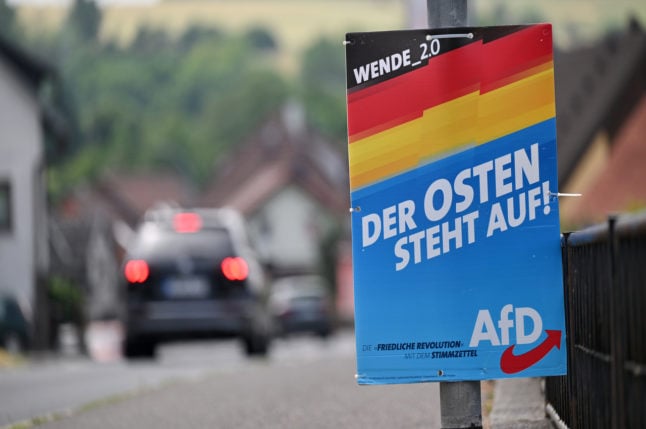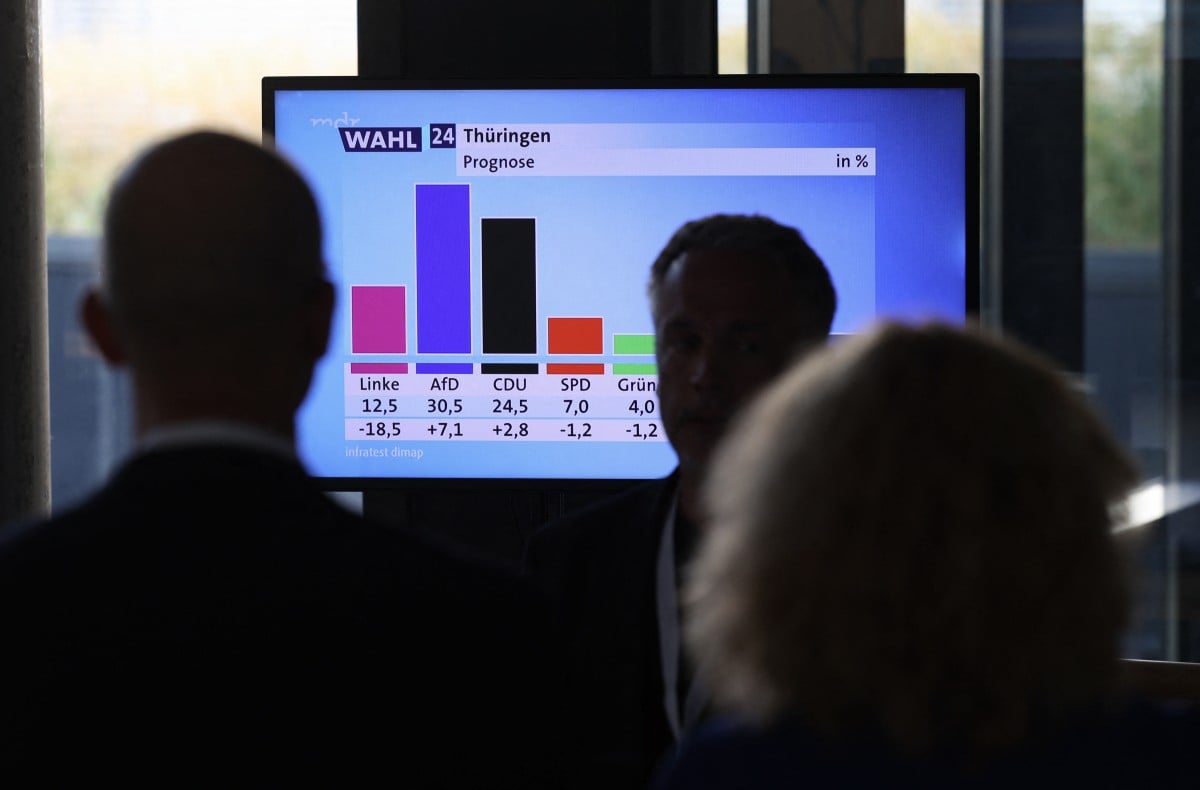The poll, conducted by INSA put the AfD on 16 percent, just ahead of the SPD on 15.5 percent. The poll marks the lowest support ever achieved by the SPD, traditionally one of the two major parties of German politics.
According to the poll Angela Merkel’s Christian Democrats are the most popular party in the country and would secure 32 percent of the vote were elections to be held tomorrow.
Environmentalists can take heart from the poll too, as it confirms a trend of blooming support for the Green party. The Greens won 8.9 percent of the vote in September’s election but are now polling at 13 percent.
The popularity of the far-right AfD has been creeping up in recent weeks, with polls consistently putting them on 14 percent or above.
They entered the Bundestag for the first time in September after winning 12.6 percent of the vote. The party was set up in 2013 and fought the election of that year on an anti-Euro platform, but failed to make it over the five percent hurdle needed to make it into parliament.
Last year they ran a campaign fiercely critical of the government's refugee policy, which had led to over a million people applying for asylum in Germany since 2015.
The leadership of the AfD rejects the label of far-right, preferring to describe themselves as conservative. However, they remain highly controversial due to various statements by senior party members which have challenged a political consensus concerning how Germany treats its Nazi past.
Björn Höcke, the AfD leader in Thuringia, has lambasted Germany's culture of remembrance of the Holocaust, labelling the Holocaust Memorial in central Berlin a “memorial of shame.”
Party leader Alexander Gauland, meanwhile, said during election campaigning last year that Germany should be proud of the service of its soldiers in two world wars.
On the other hand the popularity of the SPD has plummeted as they look set to join a third grand coalition with Merkel as a junior partner. Germany‘s oldest party – around since the late 19th century – scored their worst post-war result in 2017 at 20.5 percent and have only haemorrhaged support since then.




 Please whitelist us to continue reading.
Please whitelist us to continue reading.